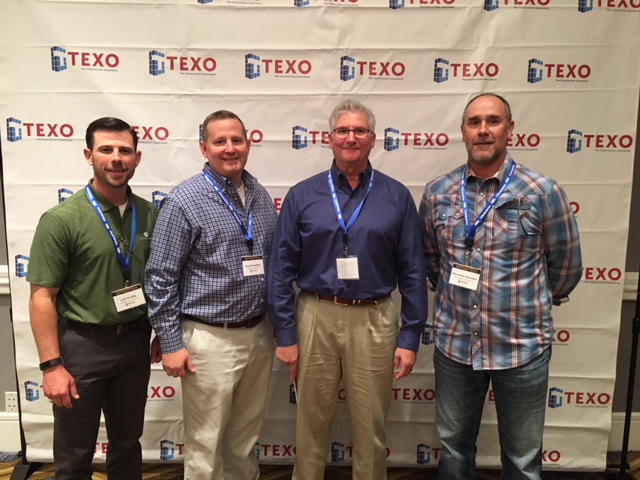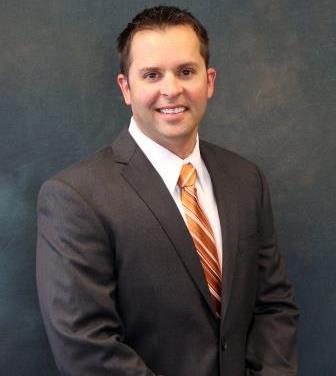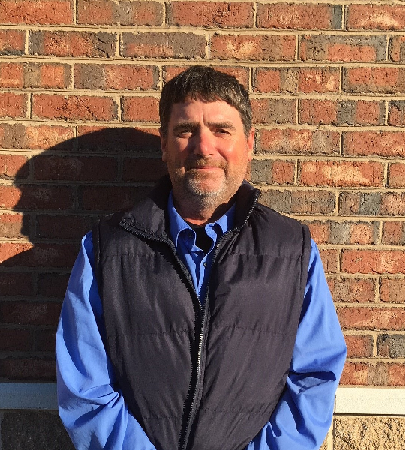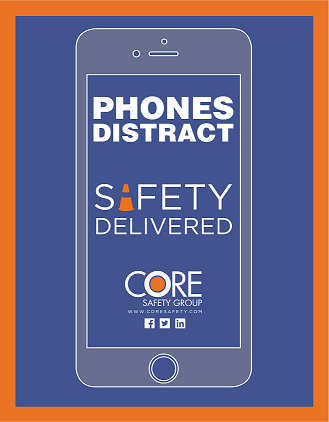Jay Biggs, Safety Advisor, was awarded the Raymond Critchfield Memorial Scholarship by TEXO last week.

Jay Biggs, Safety Advisor, was awarded the Raymond Critchfield Memorial Scholarship by TEXO last week.
“Raymond L. Critchfield was a dedicated safety professional who impacted the construction industry through his passion, love of people, family, and friends. The Raymond L. Critchfield Scholarship Program provides scholarships to individuals pursuing or continuing a course of study in the construction health and safety profession. This program recognizes individuals for their high level of academic achievement, contribution to the profession, and intent to pursue construction careers in the discipline of construction health & safety. This scholarship will assist the construction industry in providing trained safety professionals for the construction industry. Ensuring the success of these individuals will be essential to improving workplace safety for not only our projects, but for projects worldwide.”
Based in Dallas, TX., Jay has been with CORE Safety Group for almost two years and continues to raise the bar with safety expectations on each project he serves. Jay is pursuing both his Specialist in Safety and Health (SSH) and Certified Safety and Health Official (CSHO) certifications.
Pictured: Jay Biggs with members of the scholarship committee. (L to R): Jeff Wolfla – Humphrey & Associates, Dan Saddler – Structure Tone, Jay Biggs – CORE Safety Advisor, Christian Pieschel – Schwob Building Company
Congratulations to CORE Safety Group’s Scott Lydick, Director of Safety Services, who achieved his Associate Safety Professional (ASP) certification last week.

Congratulations to CORE Safety Group’s Scott Lydick, Director of Safety Services, who achieved his Associate Safety Professional certification last week.
Awarded by the Board of Certified Safety Professionals, the Associate Safety Professional (ASP) designation is awarded to qualified individuals who demonstrate their professional skills and high standards of safety. To receive the certification, candidates must have a relevant bachelor’s degree, at least one year of safety experience, and pass a comprehensive exam.
BCSP is the industry leader in credentialing for safety, health and environmental practitioners and aims to set standards for safety practices, evaluate academic and experience qualifications for certifications, monitor continued learning and more.
Based in Chattanooga, Tenn., Scott has more than 20 years of safety management experience, including loss control and claims for manufacturing and construction industries. He graduated with a Bachelor of Science degree in Safety Management from Indiana State University. Scott began his career with CORE Safety in 2007 as a Safety Manager. He continues to be a valuable leader within our team by supporting the operations of the company and in overseeing a large staff and various client accounts.
To learn more about our leadership team, click here.
Congratulations to CORE Safety Group’s Charlie Sharp, Safety Advisor, who achieved his Occupational Health and Safety Technologist (OHST) certification on October 14th.

Congratulations to CORE Safety Group’s Charlie Sharp, Safety Advisor, who achieved his Occupational Health and Safety Technologist (OHST) certification on October 14th. Accredited by the Board of Certified Safety Professionals (BCSP), OHSTs perform occupational health and safety activities in their roles, including determining safety risks, potential hazards, and investigating incidents. To receive the certification, candidates must have at least three years of experience and pass a comprehensive exam.BCSP is the industry leader in credentialing for safety, health, and environmental practitioners and aims to set standards for safety practices, evaluate academic and experience qualifications for certifications, monitor continued learning and more.
Based in Chattanooga, Tenn., Charlie joined CORE Safety Group in 2009 and has more than 11 years of safety and environmental experience. He graduated from the University of Tennessee at Chattanooga with a Bachelor of Science degree focused on Political Science with a minor in Environmental Studies. Charlie recently completed the Mercedes-Benz Stadium roofing project in Atlanta, GA for CORE’s client Porter Roofing. To date, this has been one of CORE’s largest and most challenging safety projects.
Safety Managers are the catalysts of CORE’s Safe-Assist Services. They are responsible for implementing and monitoring safety and health programs, which ensures that each of our clients’ businesses perform to reduce risk on job sites every day. But beyond a job description, what makes a truly great safety manager? And how can employees aspiring to develop into these roles stand out?

Safety Managers are the catalysts of CORE’s Safe Assist Services. They are responsible for implementing and monitoring safety and health programs, which ensures that each of our clients’ businesses perform to reduce risk on job sites every day. But beyond a job description, what makes a truly great safety manager? And how can employees aspiring to develop into these roles stand out?
We asked our Directors of Safety Services, Bill French and Scott Lydick, what attributes they desired in top-notch safety managers. Together, they came up with these five qualities.
Democratic
The risk of hiring a “cop” is often the primary concern of employers who are looking for a new safety manager. A good safety manager should coach and mentor employees and leaders to create a safe and trusting work environment. Not to say that disciplinary action is off of the table, but great safety managers focus first on using influence to create change, not exerting rigid authority.
Sociable
“You can teach someone safety, but you can’t teach someone how to be a ‘people person,’” says Bill.
Great safety managers are able to relate and connect with employees to build relationships of mutual trust. Showing some personality and engaging employees can go a long way in building rapport with coworkers. Though the balance of respect should always be maintained, being well-liked is a huge asset in a safety manager.
Humble
Safety managers should be the most knowledgeable members of the team when it comes to potential safety risks, hazards and requirements, but that doesn’t mean they should immediately start spouting off rules to employees.
“Each client is different, and safety managers should prioritize the client’s goals and needs above what they think they know. Asking questions to find solutions is extremely valuable for a top-notch safety manager,” says Scott.
Poised
“Let’s be candid— wearing an un-tucked, wrinkled polo as you lead a new team in safety training isn’t going to win you any credibility points,” says Bill.
Studies prove that appearance has a direct correlation to people’s assumptions of you—and your knowledge. A great safety manager dresses and speaks appropriately to gain respect and trustworthiness.
Patient
If appearance is the easiest quality to address, patience may be the most difficult. “I often hear safety managers who are completely frustrated when their ideas aren’t immediately accepted by a new client,”says Bill.
“Developing a great safety culture doesn’t happen overnight,” adds Scott. “While some organizations and cultures will buy-in quickly, others take time to come around to change.”
Pushing expectations too hard and too quickly can create resistance that will only further delay a safety manager’s desired results. These five qualities are excellent in any role, and anyone with a strong drive to serve others and improve safety in the workplace is sure to exceed expectations.
In need of a good safety manager, let us help.
During the month of January, CORE will be sharing weekly articles featuring advice for improving safe practices at work— and at home. For some, it’s second-nature to grab a cell phone or electronic device when hopping into the car. We hope what we share this month will help our friends think twice before they allow their phones to distract them when behind the wheel.

Each day in the United States 1,161 people are injured in motor vehicle crashes that report involving a distracted driver. CORE Safety Group is promoting awareness of distracted driving with its Phones Distract campaign.
During the month of January, the CORE team will be sharing weekly articles featuring advice for improving safe practices at work— and at home. For some, it’s second-nature to grab a cell phone or electronic device when hopping into the car. We hope what we share this month will help our friends think twice before they allow their phones to distract them when behind the wheel.
Check out our first #PhonesDistract article next week on the blog.
















